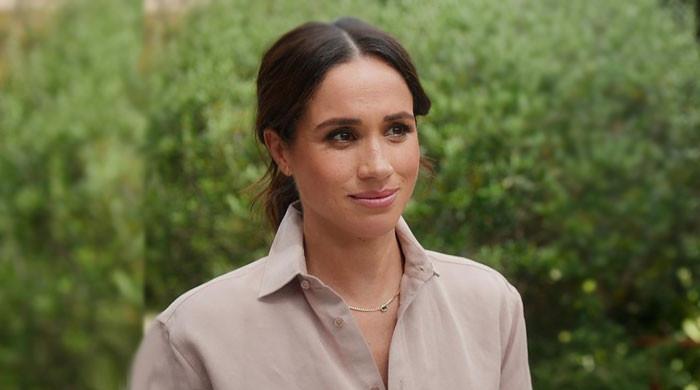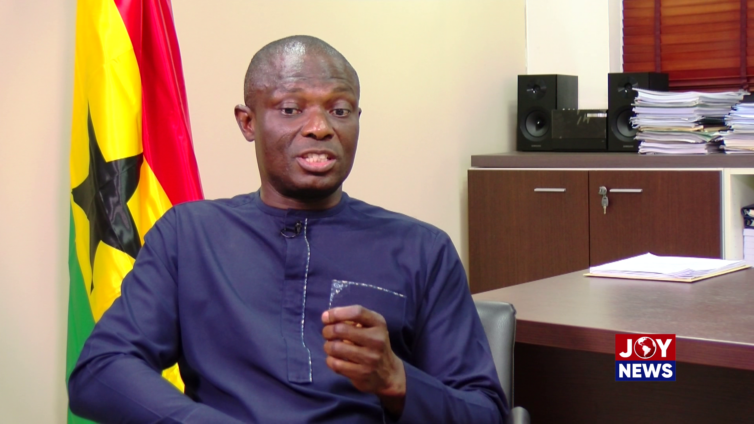Is Meghan Markle's Latest Move Jeopardizing Her Lifestyle Brand, 'As Ever'? South African Consumers Weigh In

Meghan Markle's foray into the world of lifestyle brands with 'As Ever' generated considerable buzz ahead of its launch in April. The initial sell-out success seemed to confirm the Duchess's enduring appeal and entrepreneurial prowess. However, a recent decision by Markle has sparked new debate and potential tension, particularly within the South African market.
The controversy stems from Markle's choice to partner with Wonderlust, a company that utilizes a 'points-based' system for purchasing items. This model has raised concerns amongst some consumers, with critics arguing that it creates an artificial scarcity and potentially excludes those who can't immediately access or afford the points needed to purchase the products. The system prioritizes existing customers and those with high spending habits, leaving newer or less frequent shoppers at a disadvantage.
In South Africa, where economic disparity is a significant factor, this approach has been met with particular scrutiny. Many feel it contradicts the brand's purported ethos of inclusivity and accessibility. 'As Ever' initially positioned itself as a brand offering timeless, high-quality pieces at a reasonable price point, appealing to a broad consumer base. The points system, however, introduces an element of exclusivity that some believe undermines this message.
Social media platforms have been abuzz with discussions, with South African users expressing mixed reactions. While some remain loyal fans of Markle and are excited about the brand, others have voiced their disappointment and questioned the ethical implications of the points-based system. Comments range from concerns about affordability to accusations of creating an unnecessary barrier to entry.
Experts in the South African retail market suggest that the move could be detrimental to 'As Ever's' long-term success if not handled carefully. 'While exclusivity can sometimes be a draw, it's crucial to strike a balance, especially when targeting a diverse market like South Africa,' explains retail analyst, Sarah Nkosi. 'The brand needs to clearly communicate the rationale behind the system and ensure it doesn't alienate potential customers.'
The timing of this controversy is also noteworthy. As 'As Ever' seeks to establish a strong foothold in the global market, navigating cultural sensitivities and consumer expectations is paramount. Markle's team will need to address these concerns proactively and demonstrate a commitment to accessibility and fairness to maintain the brand's credibility and appeal, particularly within markets like South Africa where value and inclusivity are highly valued. The future of 'As Ever' hinges on its ability to adapt and respond to these evolving consumer sentiments.
Whether this strategic shift will ultimately prove beneficial or detrimental to 'As Ever' remains to be seen. However, one thing is clear: Meghan Markle's decisions continue to be closely watched, and her brand's success is inextricably linked to her ability to resonate with consumers on a global scale, including those in South Africa.






